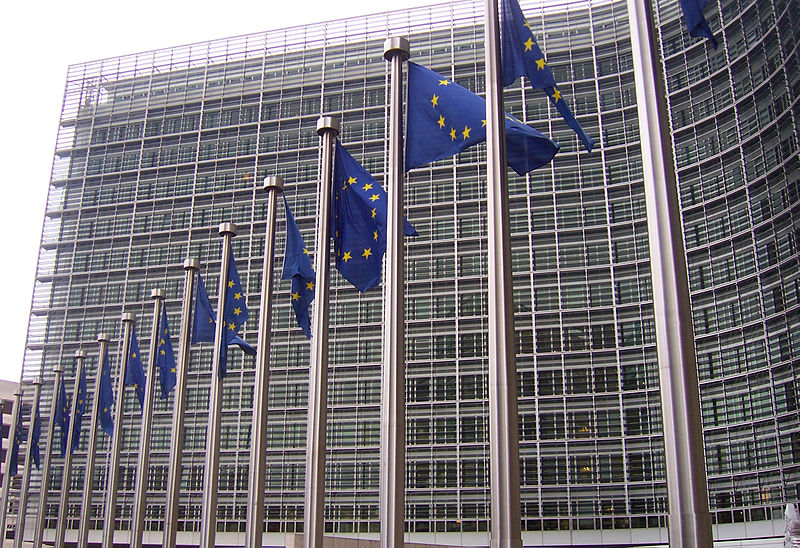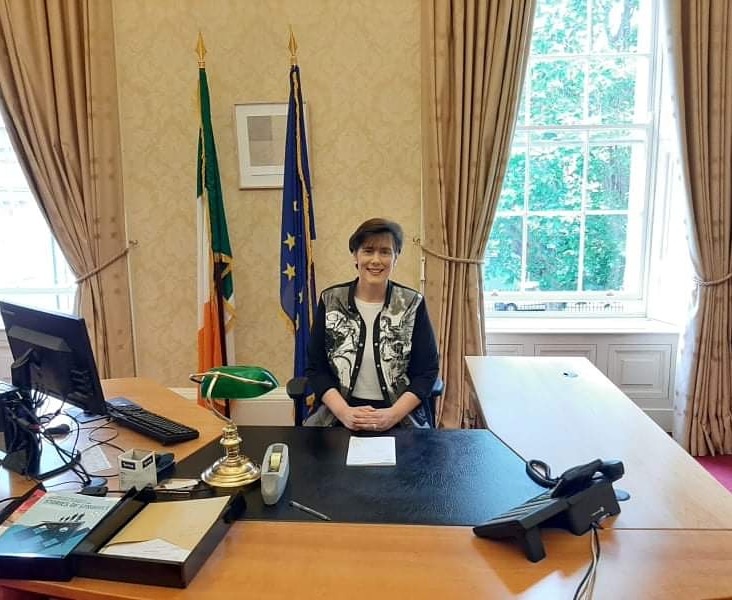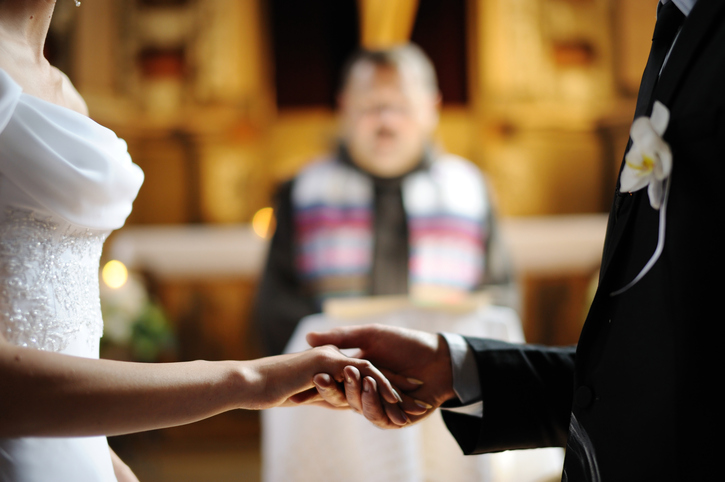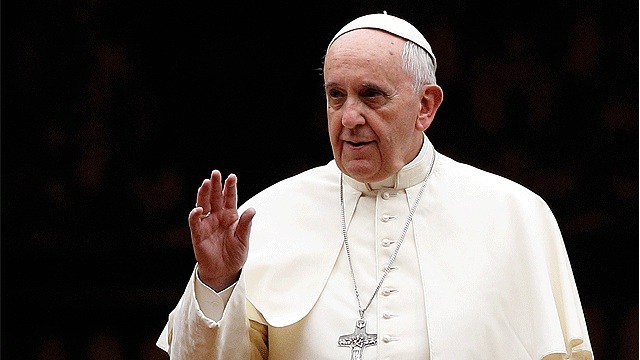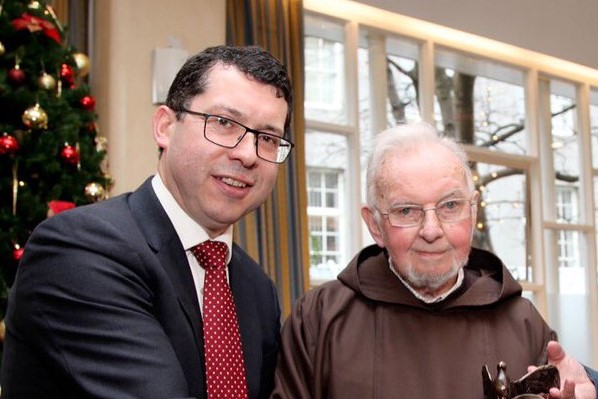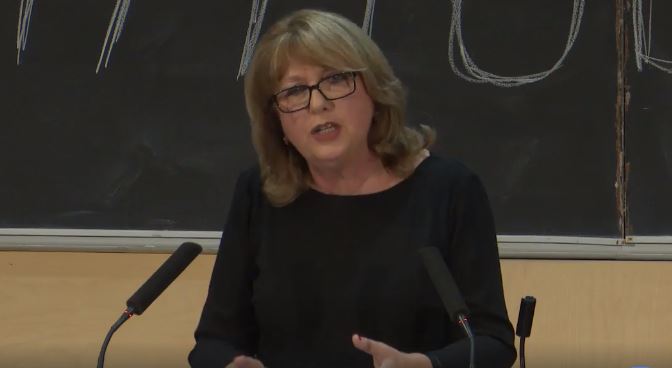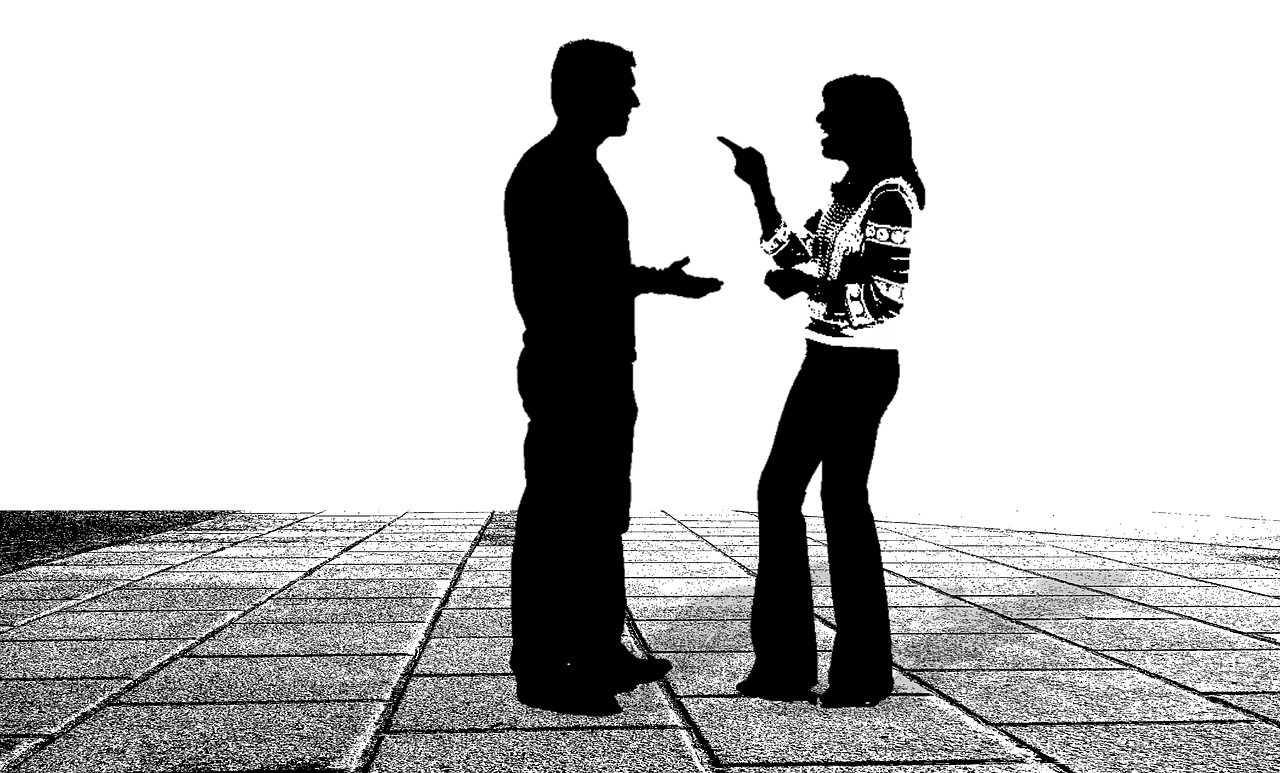The world is ill-prepared for a huge drop in population between now and the end of century. It is set to have a “jaw-dropping” impact on societies, say researchers.
Falling fertility rates mean nearly every country could have shrinking populations by the end of the century.
And 23 nations – including China and Japan – are expected to see their populations halve or almost halve by 2100.
Countries will also age dramatically, with as many people turning 80 as there are being born.
Researchers at the University of Washington’s Institute for Health Metrics and Evaluation showed the global fertility rate nearly halved to 2.4 in 2017 – and their study, published in the Lancet, projects it will fall below 1.7 by 2100.
As a result, the researchers expect the number of people on the planet to peak at 9.7 billion around 2064, before falling down to 8.8 billion by the end of the century.
“That’s a pretty big thing; most of the world is transitioning into natural population decline,” researcher Prof Christopher Murray told the BBC.
“I think it’s incredibly hard to think this through and recognise how big a thing this is; it’s extraordinary, we’ll have to reorganise societies.”
The falling fertility rates has nothing to do with sperm counts. Instead it is being driven by more women in education and work, as well as greater access to contraception, leading to women choosing to have fewer children.


